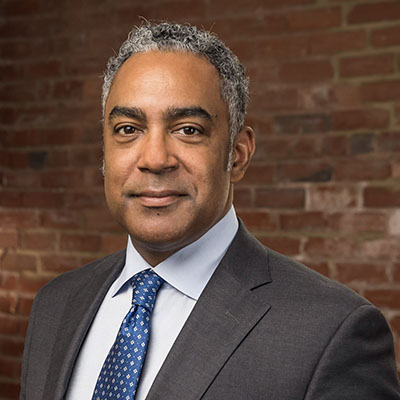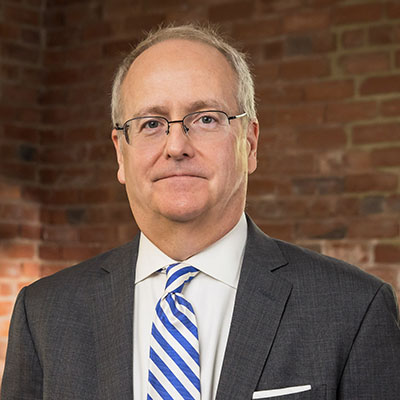Location: Confidential
Settlement: $1,150,000
This was a wrongful death case arising out of multiple violations of the standard of care.
The deceased was a 28-year-old wife and mother of two with a significant congenital heart condition. She was referred to the defendant oral surgeon for decaying wisdom teeth in January 2015. The oral surgeon recommended extracting the wisdom teeth under conscious sedation. In April 2015, the deceased visited with the defendant cardiologist who indicated that the deceased would be able to tolerate the procedure.
In June 2015, the deceased suffered a stroke and was hospitalized. During her admission, she had an implantable cardioverter defibrillator (ICD) surgically implanted. She had a pacemaker implanted about a year prior.
In October of the same year, the deceased scheduled the procedure to have her wisdom teeth taken out. The defendant oral surgeon sent the defendant cardiologist a form to be completed. The form sought approval to suspend the deceased’s anticoagulation medication in preparation for the procedure, and also requested an assessment of the cardiovascular risks the procedure posed to the patient. Upon receipt, the cardiologist’s nurse consulted with the defendant cardiologist who merely approved the interruption of the anticoagulant, leaving blank the portion of the form that addressed the extent of the cardiovascular risks.
Prior to having her wisdom teeth removed in October 2015, the deceased updated her pertinent medical history to include her stroke history and the placement of the ICD. A measurement of her preoperative vitals revealed the deceased to be bradycardic, or having a slower than normal heart rate. Despite this, the defendant oral surgeon initiated the procedure, using two medications commonly known to suppress heart rate. Following the removal of the wisdom teeth, the deceased’s heart rate dropped into the 20s, and her oxygen saturation rate dropped to 78%. The deceased required multiple resuscitation attempts. She was transferred by ambulance to a nearby emergency room, where she eventually died.
Our experts contended that given the plaintiff’s cardiac history, the standard of care was violated by performing the procedure in a dental office instead of a hospital setting under the management of an anesthesiologist. The plaintiff’s oral surgeon and anesthesia experts also opined that the defendant oral surgeon violated the standard of care by failing to recognize the extent to which the anesthesia medications would potentially compound the deceased’s low heart rate. Finally, they opined that the defendant oral surgeon should have postponed the procedure to investigate the likely causes of the deceased’s bradycardia.
The plaintiff’s cardiology experts opined that the defendant cardiologist violated the standard of care by failing to communicate with the defendant oral surgeon regarding the cardiovascular risks posed to the patient, and to otherwise inquire into the details of the extraction procedure, including the location of the procedure, as well as the proposed anesthesia plan, including the drugs sought to be administered during the procedure.
The deceased’s cardiac history put her at risk for sudden cardiac death, and therefore, her severely diminished life expectancy factored prominently into the valuation of the case and the decision to settle.
The case settled in mediation for $1,150,000.




